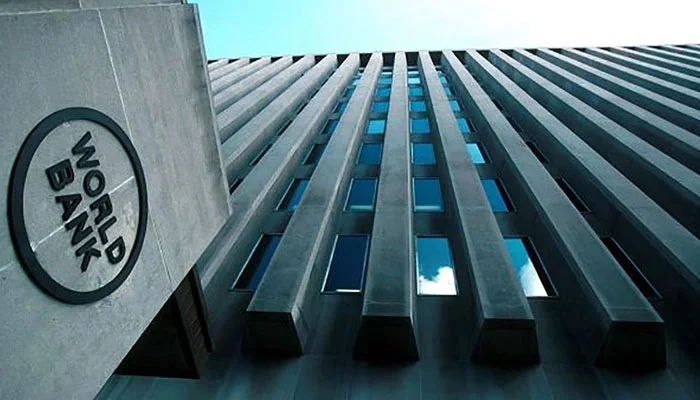- WB says Sindh was the worst-affected province by floods.
- Two projects worth $500 million and another is worth $292 million.
- Two projects of $200 million also approved.
ISLAMABAD: The World Bank’s Board of Executive Directors on Tuesday approved $1.692 billion in financing for five projects in the flood-hit province of Sindh, announced the global lender in a statement.
Out of the five, three projects support rehabilitation and housing reconstruction and the restoration of crop production for vulnerable communities. Out of the three, two projects are worth $500 million and another is worth $292 million.
While the other two projects support health services for mothers and children. Both projects are worth $200 million.
“Sindh was the province worst affected by the 2022 floods. There were huge damages to the housing, health, and agriculture sectors and people lost their livelihoods. Beyond the rehabilitation and reconstruction of damaged houses and infrastructure, our engagement in the flood response effort is an opportunity to strengthen resilience, and reform institutions and governance structures”, said World Bank Country Director for Pakistan Najy Benhassine.
The $500 million “Sindh Flood Emergency Rehabilitation Project” will focus on providing short-term livelihood opportunities and strengthen the provincial government’s capacity to respond to disasters.
“The project will help restore and improve critical irrigation and flood protection infrastructure, water supply schemes, roads, and related infrastructure,” said the global lender in the statement. It has forecast that close to 2 million people, out of which 50% are women, will benefit from the restoration and resilient reconstruction of critical infrastructure.
A community-level cash-for-work program will provide short-term income support to approximately 100,000 households.
On the other hand, the $500 million “Sindh Floods Emergency Housing Reconstruction Project” will support owner-driven and multi-hazard resilient reconstruction of core housing units.
Meanwhile, the $292 million approved for the “Sindh Water and Agriculture Transformation Project” will increase agricultural water productivity, improve integrated water resources management, and restore crop production by flood-affected farmers.
“More than 885,000 households (approximately 4.4 million people) are expected to benefit from the project. As an immediate response to the floods, the project will provide cash transfers to 800,000 flood-affected farming households to help restore crop production through the purchase of seeds, fertilizer, and other critical inputs,” the WB said.
The lender has also approved $200 million for the “Sindh Strengthening Social Protection Delivery System Project” that will strengthen the provincial social protection delivery system and enhance access to and utilization of mother and child health services.
Another $200 million was also approved for the “Sindh Integrated Health and Population Project” to improve both the quality and utilisation of basic reproductive, maternal, newborn, child and adolescent health and nutrition services.
“It will also help in the rehabilitation and reconstruction of health infrastructure that was damaged in the floods, disrupting the delivery of these services. The project will improve access to quality healthcare services for, the population of the selected government dispensaries in remote and peri-urban areas especially women, girls, and children, and in the flood-affected settlements in Sindh,” said the lender.

 Latest News3 days ago
Latest News3 days ago
 Latest News3 days ago
Latest News3 days ago
 Entertainment3 days ago
Entertainment3 days ago
 Latest News3 days ago
Latest News3 days ago
 Latest News3 days ago
Latest News3 days ago
 Latest News3 days ago
Latest News3 days ago
 Latest News3 days ago
Latest News3 days ago
 Latest News3 days ago
Latest News3 days ago

























